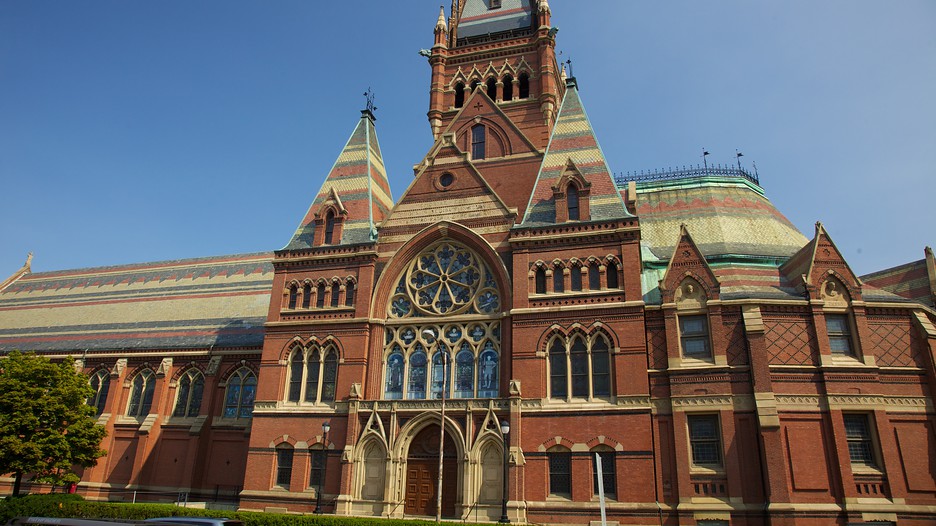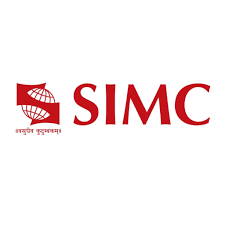
Symbiosis Institute of Media and Communication (SIMC), Pune

Symbiosis Institute of Media and Communication (SIMC), Pune
The Symbiosis Institute of Media and Communication (SIMC) is a premier institution in India dedicated to the study and practice of media and communication. Established in 1990 under the auspices of Symbiosis International University, SIMC has earned a reputation for excellence in education and research in media studies, journalism, advertising, and public relations. This detailed overview explores the institute’s history, academic programs, faculty, infrastructure, student life, industry connections, and career opportunities.
History and Evolution
Founded in 1990, SIMC emerged from the vision of Dr. S. B. Mujumdar, the founder of Symbiosis International University, to create an institution that could provide world-class education in media and communication. Over the years, SIMC has adapted to the rapid changes in the media landscape, integrating new technologies and teaching methodologies into its curriculum. The institute has consistently focused on developing well-rounded professionals equipped to thrive in various media sectors.
Academic Programs
SIMC offers a range of undergraduate and postgraduate programs designed to provide students with a robust understanding of media theories and practices, coupled with practical skills necessary for the industry.
1. Undergraduate Programs
- Bachelor of Media Studies (BMS)
- This program offers students a foundational understanding of media and communication. It covers various aspects of media, including journalism, advertising, and digital communication.
- Key Courses:
- Introduction to Media Studies
- Communication Theory
- Media Ethics and Law
- Digital Media Production
- Public Relations
2. Postgraduate Programs
- Master of Arts (MA) in Mass Communication
- This program is designed for students who wish to delve deeper into the complexities of mass communication. It focuses on both theoretical foundations and practical applications.
- Specializations:
- Journalism
- Advertising
- Public Relations
- Digital Media
- Key Courses:
- Advanced Media Research
- Media Management
- Media and Society
- Crisis Communication
- Media Planning
- Postgraduate Diploma in Journalism
- Aimed at students seeking to build a career in journalism, this program emphasizes practical skills such as reporting, editing, and multimedia storytelling.
- Key Courses:
- News Writing and Reporting
- Broadcast Journalism
- Investigative Journalism
- Online Journalism
- Media Laws and Ethics
Faculty
The faculty at SIMC comprises experienced professionals and scholars from diverse backgrounds in media and communication. They are committed to providing high-quality education and mentorship to students. Faculty members actively engage in research, contributing to academic publications and industry forums, thus bringing current trends and practices into the classroom.
Infrastructure and Facilities
SIMC is equipped with modern infrastructure and facilities designed to support the academic and practical needs of students:
- Media Labs: Fully equipped labs for video and audio production, providing hands-on experience with the latest technology.
- Editing Suites: Facilities for post-production work, enabling students to learn video editing, sound design, and graphic design.
- Broadcast Studios: Spaces for students to create and produce radio and television content.
- Library: A comprehensive library with access to a wide range of academic journals, books, and digital resources relevant to media studies.
- Computer Labs: Equipped with industry-standard software for graphic design, video editing, and content creation.
Industry Connections and Internships
One of the hallmarks of SIMC is its strong connections with the media industry. The institute collaborates with various media organizations, advertising agencies, and public relations firms, providing students with valuable internship opportunities.
Internship Programs:
- Students are encouraged to complete internships as part of their academic curriculum, helping them gain practical experience and build professional networks. Internships often lead to job placements, as students showcase their skills and knowledge in real-world settings.
Student Life and Extracurricular Activities
The vibrant campus life at SIMC encourages students to engage in various extracurricular activities, fostering a well-rounded education beyond academics:
- Student Organizations: SIMC has several student-led organizations focused on different media aspects, including journalism, advertising, and public relations. These organizations provide platforms for students to collaborate on projects, participate in competitions, and organize events.
- Workshops and Seminars: Regular workshops and seminars are conducted by industry experts to keep students updated on current trends, challenges, and opportunities in the media landscape.
- Cultural Events: SIMC hosts various cultural and inter-collegiate events, allowing students to showcase their talents in music, dance, drama, and more.
Research and Innovation
The research culture at SIMC encourages students and faculty to explore various media and communication aspects. The institute regularly publishes research findings in academic journals and presents them at national and international conferences.
Key Research Areas:
- Media Effects and Audience Studies
- Digital Media and Communication
- Advertising Strategies and Consumer Behavior
- Media Ethics and Regulations
- Journalism Practices in the Digital Age
Career Opportunities
Graduates of SIMC are well-prepared to enter a variety of career paths in the media and communication field. The institute’s emphasis on practical skills, combined with theoretical knowledge, equips students for success in various roles, including:
- Journalist: Reporting for newspapers, magazines, television, or online media outlets.
- Public Relations Specialist: Managing communication between organizations and the public, crafting press releases, and organizing events.
- Advertising Executive: Developing and executing advertising campaigns for clients across various media platforms.
- Digital Media Specialist: Creating and managing content for social media, websites, and digital marketing initiatives.
- Media Researcher: Analyzing media trends and audience behavior to inform media strategies.
Alumni Network
SIMC has a robust alumni network comprising successful professionals in various media fields. The alumni are actively involved in mentoring current students, providing guidance, and sharing industry insights. The network also serves as a valuable resource for job placements and internships.
Challenges and Opportunities in Media Studies
The field of media and communication studies is constantly evolving, presenting both challenges and opportunities for students and professionals:
- Digital Transformation: The rise of digital media necessitates new skills and strategies for effective communication. Students must be proficient in using digital tools and platforms to reach audiences effectively.
- Media Convergence: Traditional media forms are increasingly merging with digital platforms, creating new opportunities for content creation and distribution. This convergence requires media professionals to be versatile and adaptable.
- Social Media Impact: Social media platforms have revolutionized communication, allowing for direct interaction between audiences and content creators. However, they also raise ethical concerns regarding misinformation, privacy, and the spread of fake news.
- Globalization: The interconnectedness of the global media landscape presents opportunities for cross-cultural communication and collaboration, but also poses challenges related to cultural representation and media ownership.
Conclusion
The Symbiosis Institute of Media and Communication (SIMC) stands out as a leading institution for media education in India. With its comprehensive academic programs, experienced faculty, modern infrastructure, and strong industry connections, SIMC equips students with the skills and knowledge necessary to excel in the ever-evolving media landscape.
The institute’s commitment to research, ethical journalism, and social responsibility ensures that graduates are not only well-prepared professionals but also informed citizens ready to contribute positively to society. As the media industry continues to grow and change, SIMC remains dedicated to adapting its curriculum and approach, preparing its students to meet the challenges and seize the opportunities that lie ahead.
By fostering creativity, critical thinking, and a deep understanding of media’s role in society, SIMC plays a vital role in shaping the future of media and communication in India and beyond.
The Symbiosis Institute of Media and Communication (SIMC) is located at:
Symbiosis Institute of Media and Communication
Symbiosis International University,
Lavale, Pune – 412115,
Maharashtra, India.
For more information, you can visit the official website or contact the institute directly.
Courses/Programs
| Serial# | Title | Estimated Cost | Program type |
|---|
Campuses
Specialities
- Amazing Compass
- Library
- Industry focus learning
- Flexible learning
- Knowledge transfer
